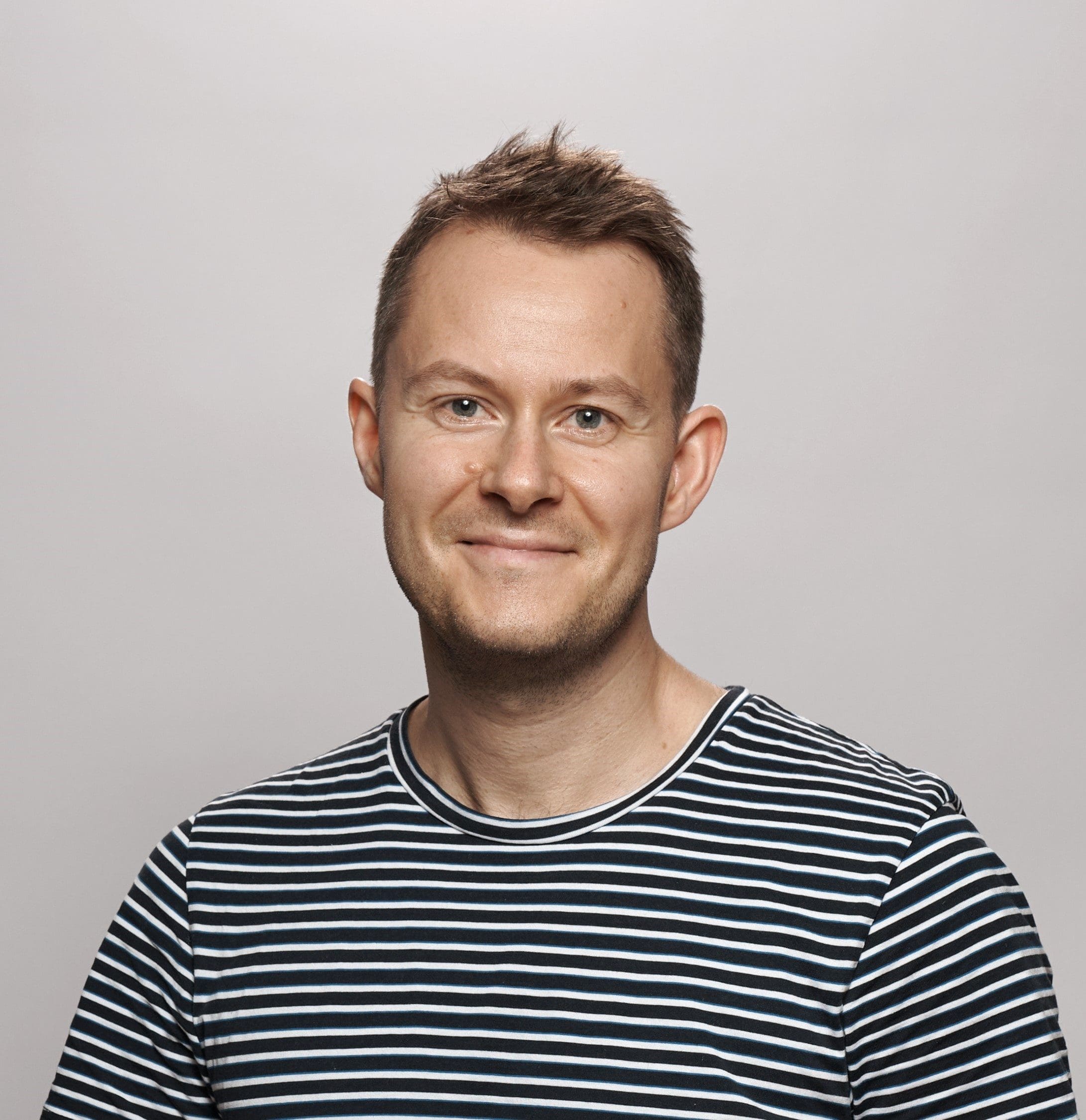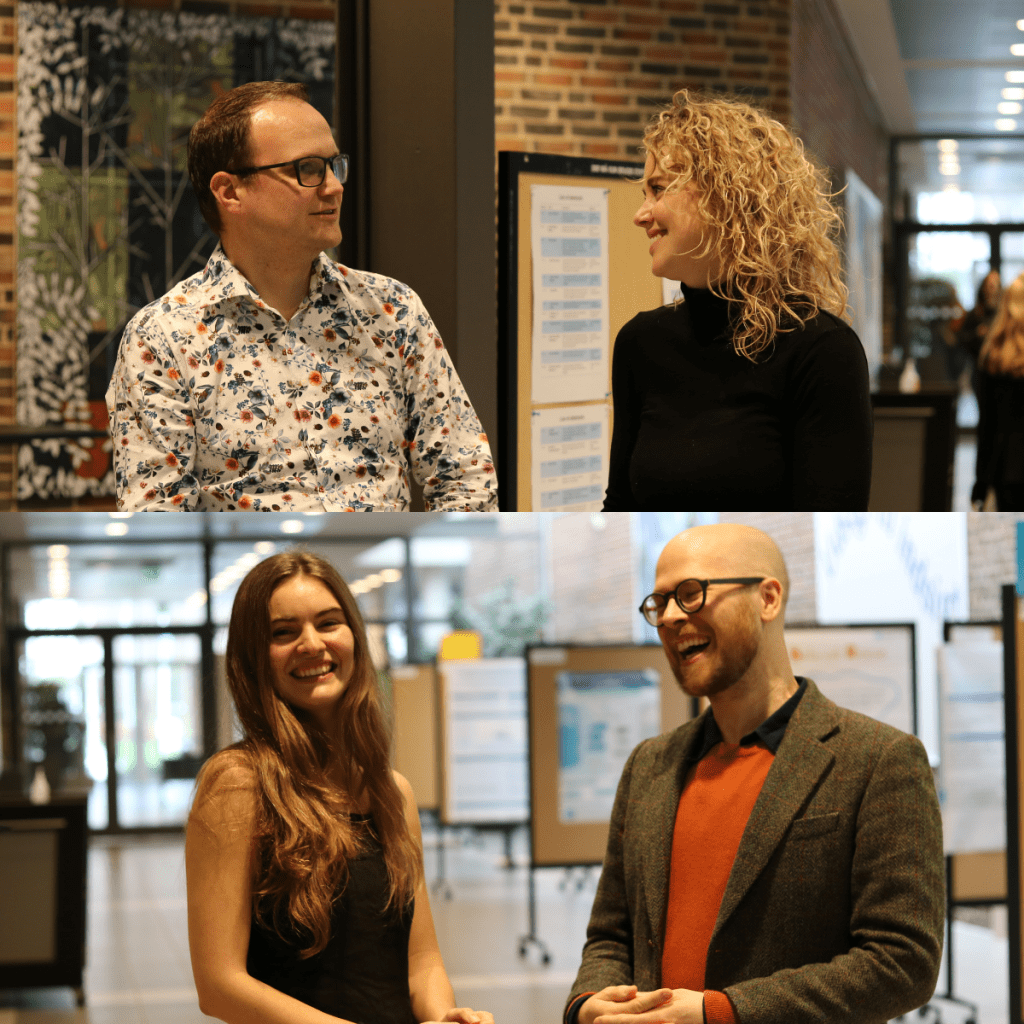
Have you ever thought about becoming a mentor – but were not quite sure what you would gain from it?
At this year’s DDEA Annual Day in January, we sat down with four participants in the DDEA Mentoring Programme – mentors Luke Johnson and Páll Karlsson, and mentees Hannah Gilliam-Vigh and Stephanie Holm – to ask a simple question: What is it really like to be part of the DDEA Mentoring Programme?
The Programme connects early-career researchers with more experienced scientists, and as the conversations made clear, the result is far from one-sided. As a mentor, you do not just offer support. You reflect on your own career path and experiences, expand your professional network, sharpen your own communication skills, and gain fresh insights into how researchers in earlier career stages experience the world you once stepped into.
Whether you are an early group leader, a senior postdoc or between career phases, being a mentor offers a valuable opportunity to pause and reconnect with your own motivations, while helping someone else navigate their next steps.

For Luke, becoming a mentor was a natural extension of his role as a researcher and a teacher in R programming: “It’s a lot like teaching – you give something to someone else, and that feels good. But you also grow professionally. And it’s nice to be part of a programme that’s so well run.”
The Mentoring Programme structure is simple and flexible. Some mentor-mentee pairs meet regularly over lunch, others share agendas in advance and focus on specific dilemmas. There is no one right way – and that is part of what makes the programme work. The key is honest dialogue, mutual respect, and a shared focus on the bigger picture.
For mentees, the benefits are clear. Many early-career researchers face uncertainty about what comes next, or how to get there. A mentor can help you clarify your direction, boost your confidence, and offer insights you might not find elsewhere. “It has already helped me think more strategically about where I want to go and how to use my time better,” shared Hannah.
We talked about everything from work-life balance to whether I should take a new opportunity over another,” said one mentee. “It’s been helpful just having someone neutral to talk to – someone who listens and helps you think clearly.”
The distinction between mentor and supervisor also came up:
“A mentor is not invested in your project or performance. That makes it easier to ask the real questions,” explained Hannah. “Like, how do I want to live – and how can my career support that?”
Mentors benefit, too. Several mentioned how the conversations inspired them to re-evaluate how they support their own teams, or sparked new ideas they had not considered themselves. Páll described it as “a reciprocal learning process” and added:
“I try not to be biased or take over the conversation. I just listen and help my mentee think. That’s where the value lies.”
So if you are wondering whether you are experienced enough, or have the time, the answer from the participants was simple: “If you have experience to share, sign up. Fulfilment awaits!”
EAN: 5798 0022 30642
Reference: 1025 0006
CVR: 29 19 09 09